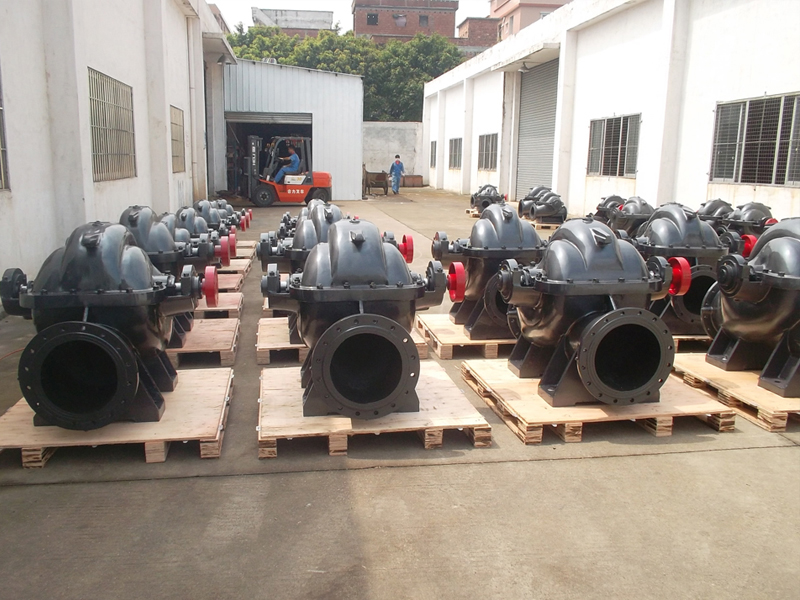Product Categories
Categories
- Project Case (0)
- Technology Support (1)
- News (1)
Selecting the appropriate diesel engine for a water pump is crucial for ensuring efficient and reliable operation. The right engine can maximize performance, minimize downtime, and optimize fuel consumption. Here are key considerations to guide you in choosing the most suitable diesel engine for your water pump application.

Flow Rate and Pressure
The flow rate and pressure requirements of the water pump are fundamental parameters. These specifications dictate the power and performance characteristics the diesel engine must meet. Calculate the required flow rate (usually in liters per minute or gallons per minute) and the pressure (typically in bars or psi) to narrow down your engine choices.
Application Type
Consider the application type: whether the pump will be used for irrigation, dewatering, firefighting, or industrial processes. Each application has specific demands that influence the engine selection. For instance, firefighting pumps may require engines with high power and rapid response capabilities.
Power Output
Ensure that the engine’s power output matches the pump’s requirements. Diesel engines are rated by their power output in kilowatts (kW) or horsepower (HP). Refer to the pump manufacturer’s recommendations for the appropriate power rating.
Engine Speed
Diesel engines operate at different speeds, typically measured in revolutions per minute (rpm). Common speeds for water pump engines are 1500 rpm and 1800 rpm. The engine speed should align with the pump’s optimal operating speed to ensure efficiency and longevity.
Fuel Consumption
Evaluate the engine’s fuel consumption rates. Efficient fuel use is critical for reducing operating costs, especially for applications requiring continuous operation. Look for engines with advanced fuel injection systems and turbocharging for better fuel economy.
Operating Environment
Consider the environmental conditions in which the engine will operate. Factors such as altitude, temperature, and humidity can affect engine performance. For instance, at higher altitudes, engines may experience power derating. Choose an engine that can maintain performance under the expected operating conditions.
Cold Start Capability
In colder climates, the engine’s ability to start in low temperatures is vital. Some diesel engines are equipped with preheating systems or glow plugs to aid cold starts. Check the engine’s cold start specifications and ensure they meet your requirements.
Service Intervals and Maintenance Requirements
Engines with longer service intervals and lower maintenance requirements can reduce downtime and operational costs. Review the manufacturer’s maintenance schedule and choose an engine known for its reliability and ease of servicing.
Durability and Build Quality
The durability of the engine is crucial for long-term performance. Opt for engines from reputable manufacturers known for high-quality construction and robust components. Engines with features like cast-iron blocks and high-quality bearings can offer better longevity.
Emissions Standards
Ensure the engine complies with local emissions regulations. Diesel engines must meet specific standards, such as Tier 4 in the United States or Stage V in Europe. Compliance with these standards ensures environmental responsibility and may be a legal requirement for operation.
Noise Regulations
In some applications, noise levels are a critical concern. Check the engine’s noise emission ratings and ensure they comply with local noise regulations or the specific requirements of your application.
Conclusion
Choosing the right diesel engine for your water pump involves a careful evaluation of the pump’s requirements, the engine’s performance characteristics, environmental conditions, and maintenance needs. By considering these factors, you can select an engine that not only meets your operational demands but also offers efficiency, reliability, and compliance with regulatory standards. Investing time in selecting the right engine will pay off in the form of improved performance and reduced operational costs.
If you have any questions, please contact Cumrun Power. We are happy to match you
Cummins Pump Engine,Cummins Power Units,Cummins Marine Power Units,Cummins Fire Engine,Cummins Explosion Protection Engine,Cummins pump engine dealer,Cummins pump engine agent XML